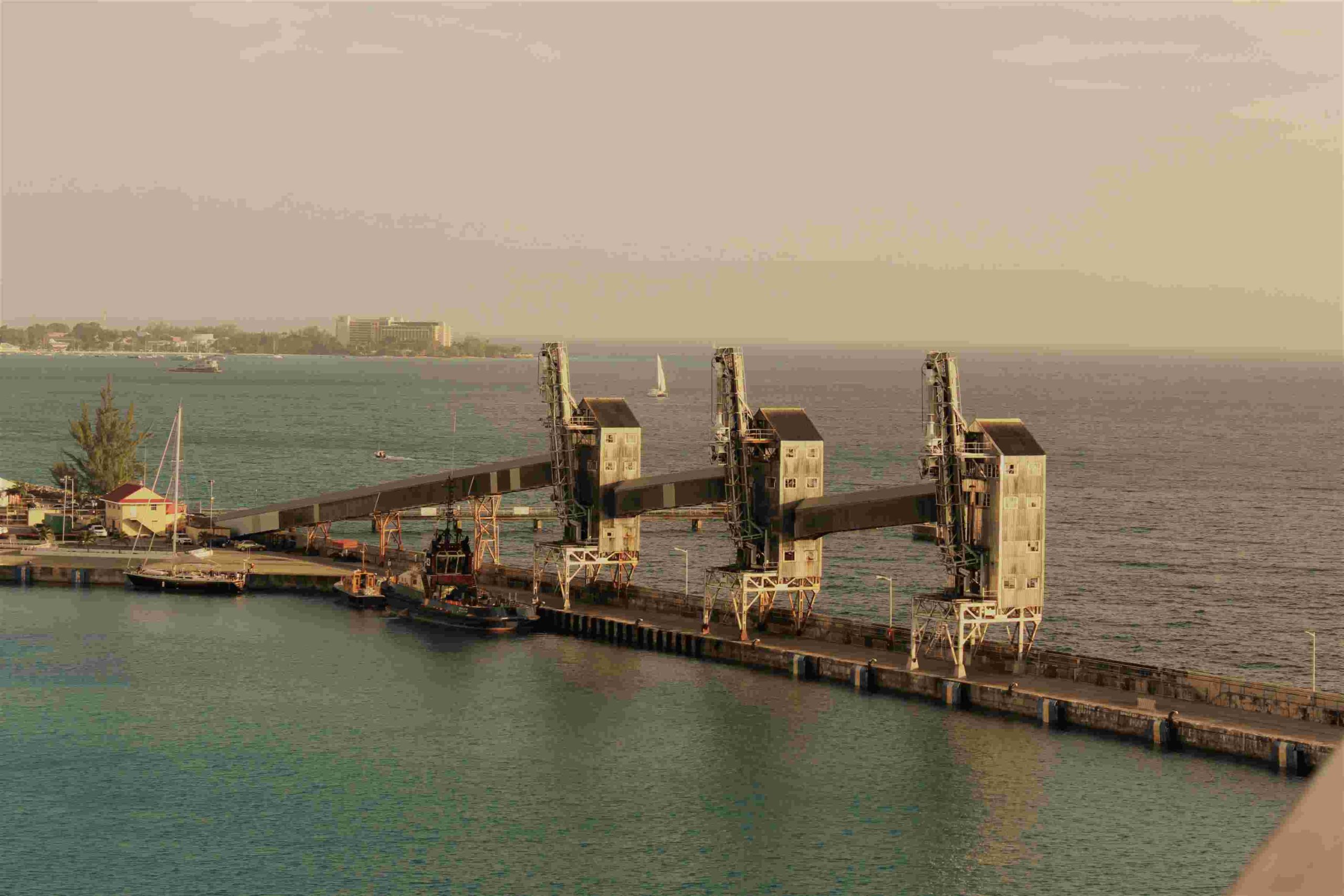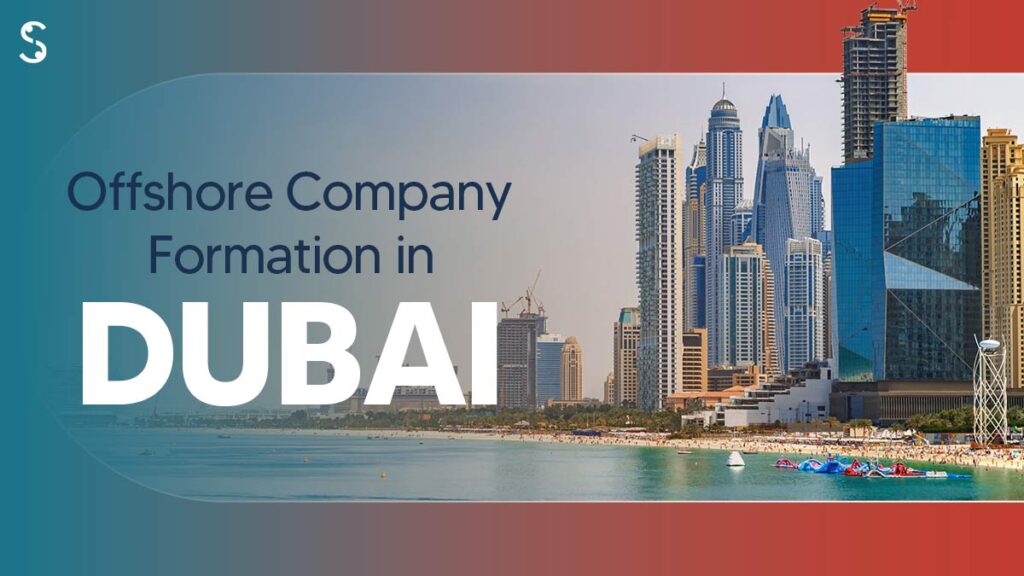The differences between Freezone and Offshore companies can be confusing.
A Freezone company is usually a legal entity which operates in a designated geographical location that has been set aside as an industrial or business hub with specific tax and commercial benefits.
Whereas, an Offshore company is a company registered in a jurisdiction outside of the country of residence of the investor, to benefit from certain tax and regulation advantages. Knowing the differences between freezone and offshore companies can help entrepreneurs decide which structure best suits their needs.
In this article we will discuss the key differences between Freezone and Offshore companies in terms of ownership, taxation, regulations, and other related aspects.
What are Offshore Companies?
Offshore companies are those that are formed outside of the UAE, in offshore jurisdictions. They provide an alternative to mainland companies and allow businesses to take advantage of the economic benefits available in Dubai and Ajman Offshore.
The process of company formation is carried out through the local jurisdiction, such as the Jebel Ali Free Zone Authority. This allows businesses operating from outside of the UAE to benefit from certain advantages such as tax exemptions or relaxed regulations. Additionally, company registration can be done quickly and easily through the authority which can minimize costs associated with starting a business overseas.
Overall, offshore companies offer many benefits for businesses looking to operate outside of the UAE in a jurisdiction like Jebel Ali Free Zone which provides an attractive environment for business.
Free Zone Company Setup

Free Zone Company Setup is the process of setting up a company in a free zone. Free zones are special economic zones in the United Arab Emirates (UAE) that offer many benefits to businesses, such as access to office space, reduced corporate tax rates and unlimited repatriation of profits.
Additionally, UAE residence visas may be available for shareholders of free zone companies. Companies that operate in these zones are known as free zone companies and they can typically conduct both local and international business activities such as trading, consultancy, distribution and manufacturing. Free zone companies are generally easier to set up than mainland companies in the UAE since they provide a more streamlined registration process. Thus, Free Zone Company Setup is an excellent way to establish a business presence in the UAE quickly and efficiently.
Also read: Difference between representative office VS branch office
Differences in the Costs Associated with Establishing a Freezone Versus an Offshore Company
When establishing a business, the costs associated with setting up a freezone compared to an offshore company can vary greatly.
A freezone is well-suited for businesses looking for a local presence in the UAE and offers many advantages for entrepreneurs. Setting up a freezone company usually requires lower capital requirements and startup costs than an offshore company. In addition, freezones often provide access to tax benefits as well as advantages in terms of foreign exchange regulations, import and export facilities, and ownership structure.
On the other hand, offshore companies are generally more suitable for those interested in international business activities or those wishing to take advantage of the privacy protections offered by certain jurisdictions. The cost associated with establishing an offshore company usually involves higher setup fees, professional fees and ongoing compliance costs such as annual renewal fees and accounting services.
Documents required for Offshore Company set-up in UAE.
Setting up an offshore company in the UAE requires various documents from all shareholders and directors.
Shareholders must provide a valid passport or national identification card, proof of address, a statement of their source of wealth, and evidence of any other companies they own or manage.
In addition to these documents, shareholders need to provide a copy of their Memorandum & Articles of Association (M&A) as well as copies of the share certificates indicating their percentage ownership in the company. Lastly, all shareholders must provide a bank reference letter from their financial institution that confirms no legal actions are pending against them. All documents must be certified by a notary public prior to submission to the relevant UAE authorities.
Documents required for Freezone Company set-up in UAE
Setting up a Freezone Company in the UAE can be an exciting opportunity for entrepreneurs. However, in order to ensure a successful company set-up, it is important to understand the documents required.
Generally speaking, these documents include a business plan, the Memorandum of Association (MOA) and Articles of Association (AOA), all relevant legal forms, and proof of address.
Additionally, depending on the nature of your business activity and free zone chosen, you may need to provide additional documents such as bank statements or audited accounts.
It is also important to note that some free zones may require that you appoint a local sponsor who will hold 51% ownership in the company. For this purpose, you will need to provide proof of identity and financial stability of the local partner. Overall, understanding which documents are necessary for setting up a Freezone Company in UAE is critical for ensuring that your venture is successful.
Tax Advantages of Freezone Companies Compared to Offshore Companies
Tax advantages of freezone companies compared to offshore companies are significant. Freezone companies benefit from the absence of corporate, income and withholding taxes in many cases.
These tax exemptions are not available for offshore companies in most jurisdictions. Additionally, the ability to repatriate profits and capital is generally simpler with freezone companies than with offshore companies, as they may be able to do so without having to go through a complicated approval process or foreign exchange controls.
Furthermore, freezone companies often offer significant incentives such as reduced rental costs, free trade access and other concessions that can help reduce operational costs significantly. Overall, these cost savings make freezone businesses more attractive than traditional offshore entities when it comes to taxation benefits.
How to Choose Between Investing in a Freezone or an Offshore Company
When considering whether to invest in a freezone or an offshore company
It is important to consider the advantages and disadvantages of each. Freezones generally have more attractive tax rates, while offshore companies may provide more anonymity and privacy.
Additionally, it is important to consider the legal requirements associated with each option. Freezones may require a physical presence within the jurisdiction in order to qualify for certain benefits, whereas offshore companies may not have any such requirement. Finally, when making a decision between investing in a freezone or an offshore company, it is important to evaluate the costs associated with each option in order to ensure that you are receiving the best value for your money. Ultimately, the choice should be based on what best suits your individual needs and financial goals.
An Overview of the Legal Framework Surrounding Freezones and Offshores
The legal framework surrounding freezones and offshores is constantly evolving as jurisdictions around the world look to meet the demand for these types of businesses. Generally, freezones and offshores provide investors with an attractive tax regime and regulatory environment by granting them certain exemptions from local laws. In addition, they may also offer incentives such as low or no corporate taxes, preferential access to local markets and infrastructure support. However, it is important to note that although these exemptions are often beneficial to businesses operating in a freezone or offshore jurisdiction, they typically come with some restrictions on activities that can be conducted within the zone or jurisdiction. Furthermore, since each jurisdiction has its own laws and regulations governing the operation of such businesses, it is important for investors to understand what requirements must be met before setting up a business in a particular jurisdiction.
The Benefits of Operating Within A Freezone Instead Of An Offshore Setting
Operating within a freezone instead of an offshore setting, offers business owners a range of advantages. Freezones provide access to a wide variety of tax incentives and exemptions, often allowing companies to operate with significantly lower costs than they would face in an offshore environment.
Additionally, they are typically located close to major cities and transportation hubs, which reduces shipping costs and makes it easier for businesses to access the resources they need.
Freezones also provide streamlined regulatory processes and simplified corporate establishment procedures, which can make it much easier for businesses to set up operations in their chosen jurisdiction.
Finally, there are usually fewer restrictions on the types of activities that can be conducted within freezones, making them attractive options for entrepreneurs who want more flexibility when it comes to running their business.









